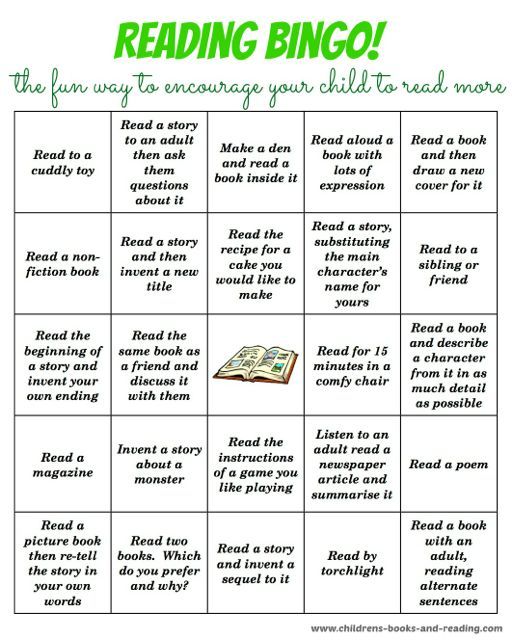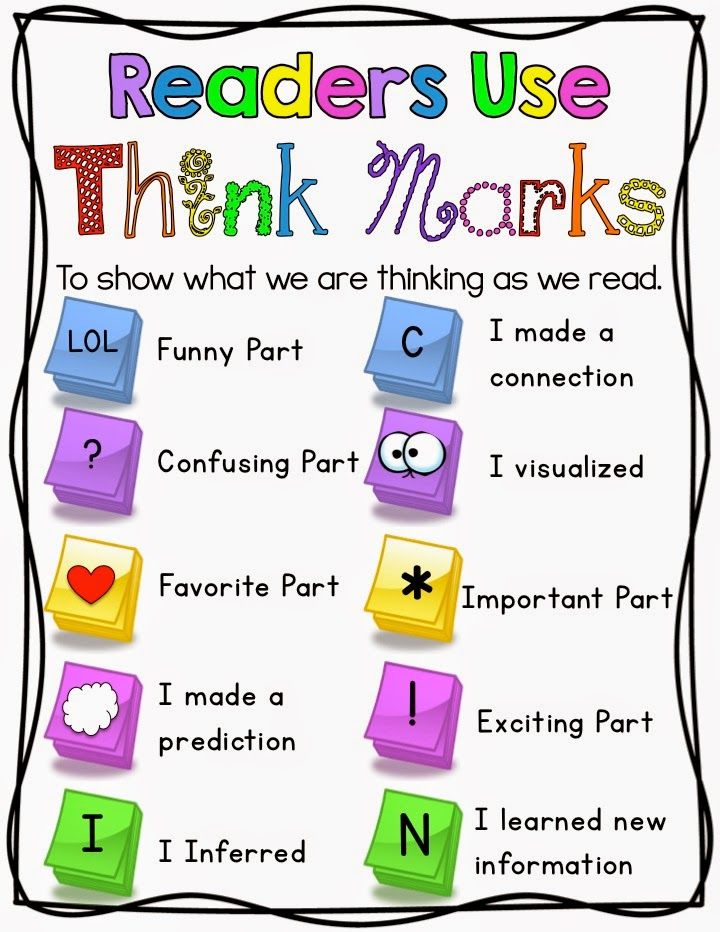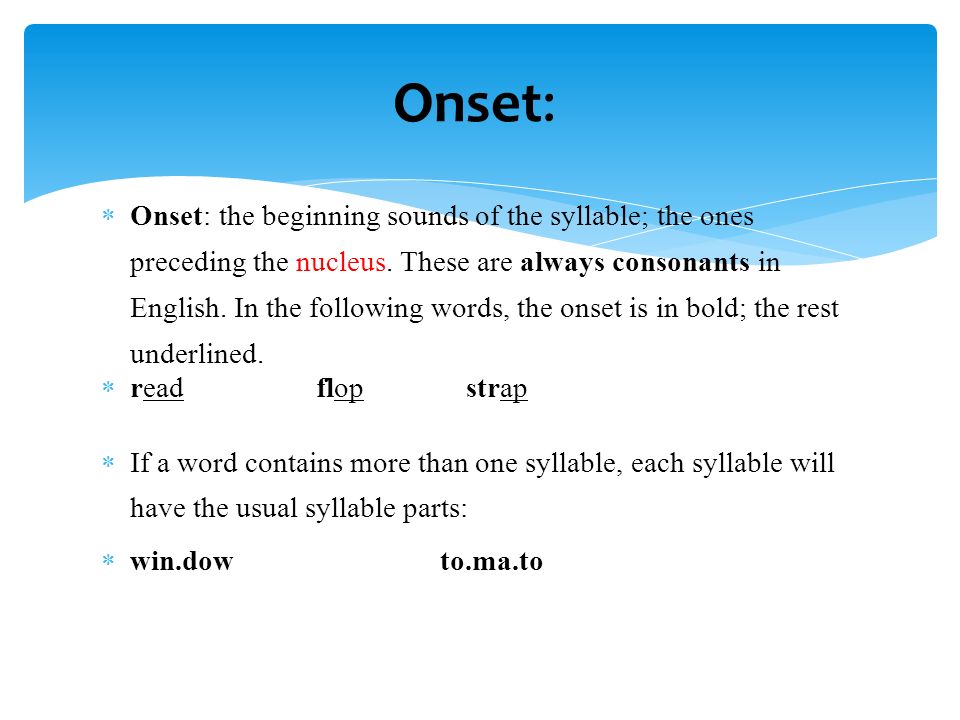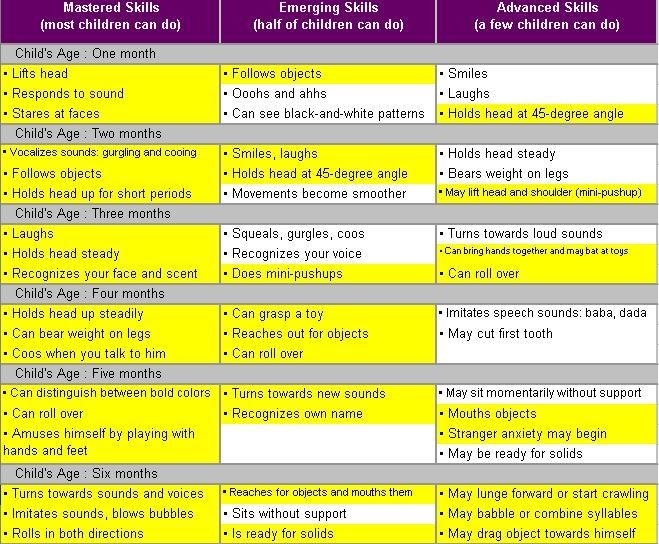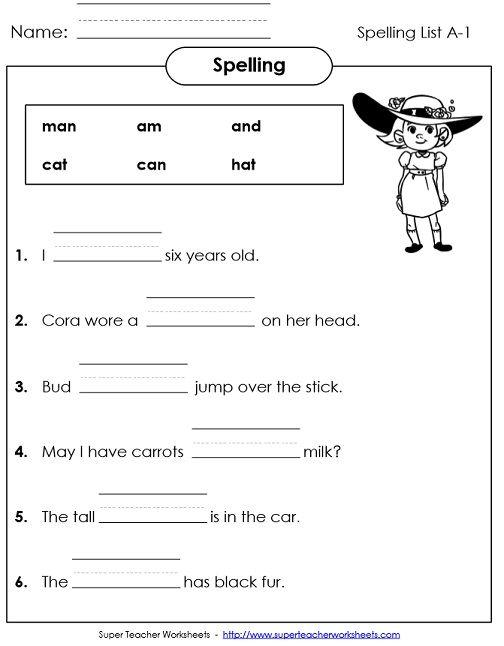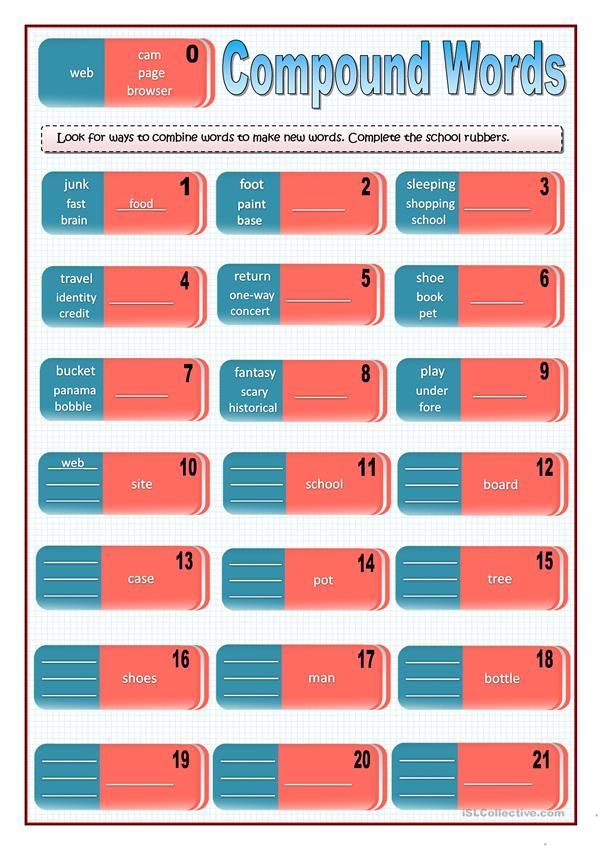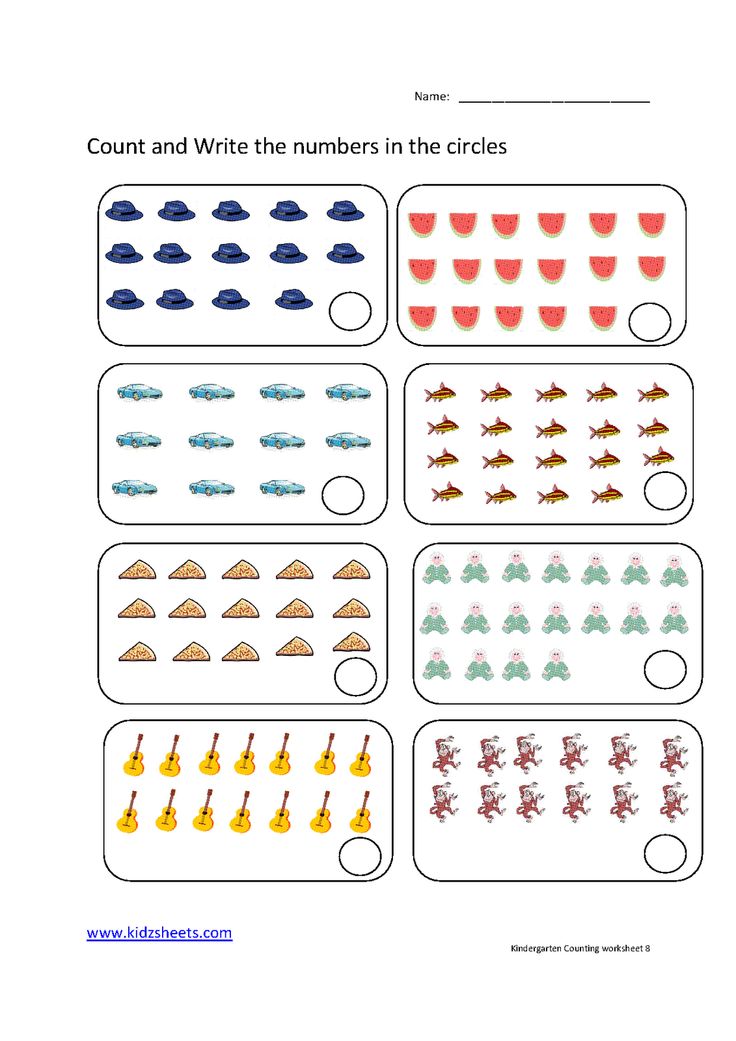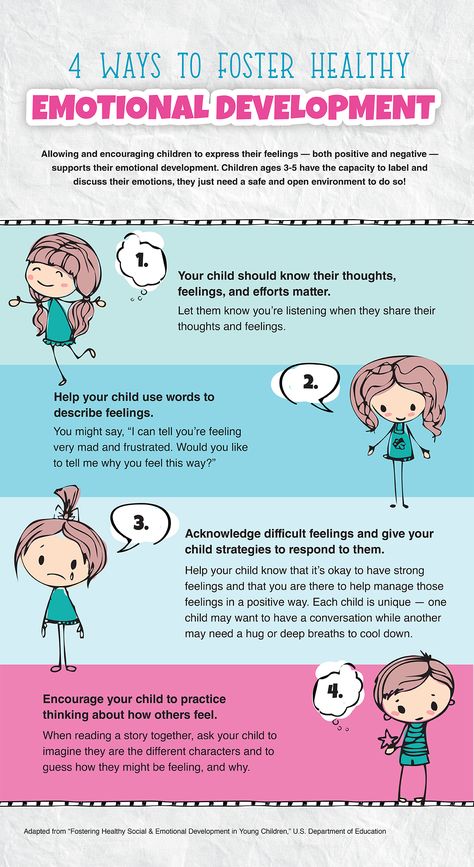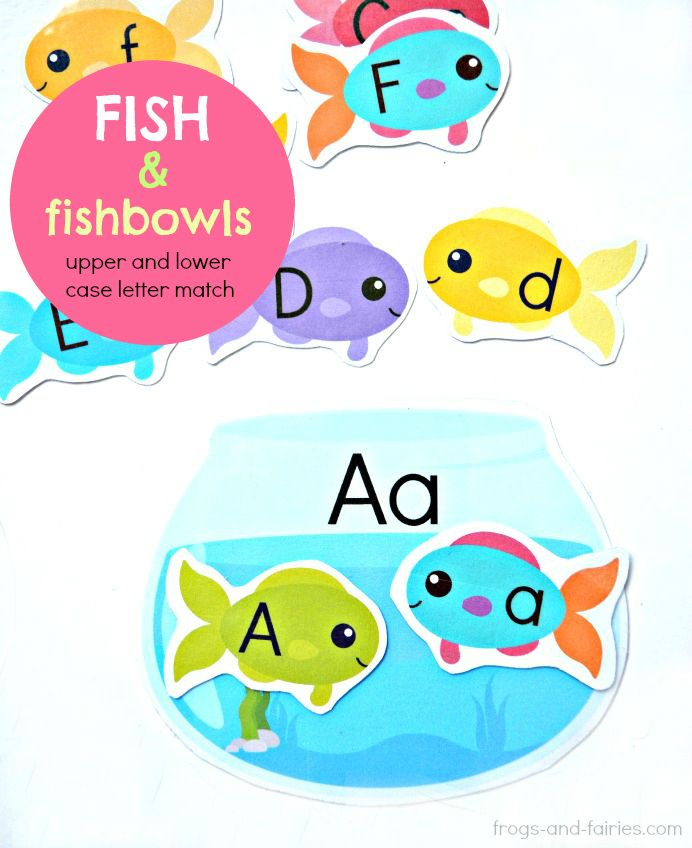Kids basic words
The Basic Spelling Vocabulary List
By: Steve Graham, Karen R. Harris, Connie Loynachan
This list was created to help teachers know which spelling words should be taught to kids in grades 1–5. The list contains 850 words that account for 80 percent of the words children use in their writing — the ones they need to be able to spell correctly.
This list was devised to help educators know which spelling words should be taught to children. The list contains 850 words that account for 80 percent of the words children use in their writing — the ones they need to be able to spell correctly.
Mastering this relatively small corpus of words yields a high rate of return. For example, the most common 1,000 words are used 13 times more frequently than the next most common 1,000 words. It also provides teachers flexibility in planning spelling instruction, providing an opportunity to give children the "basics" while supplementing with other spelling words germane to classroom activities.
Grade level for each word was determined based upon difficulty, pattern of occurrence in children's writing across grades, and grade placement on current vocabulary lists and spelling materials.
Words that children have difficulty spelling correctly are marked with an asterisk.
Grade 1 | |||
|---|---|---|---|
| a | fat | like* | sat
|
Back to Top
Grade 2 | |||
|---|---|---|---|
| about* | father* | lives | set |
Back to Top
Grade 3 | |||
|---|---|---|---|
| able | even | mind | spelling |
Back to Top
Grade 4 | |||
|---|---|---|---|
| across | during | mountain | sure* |
Back to Top
Grade 5 | |||
|---|---|---|---|
| although | different* | planet | suddenly
|
Back to Top
Graham, S.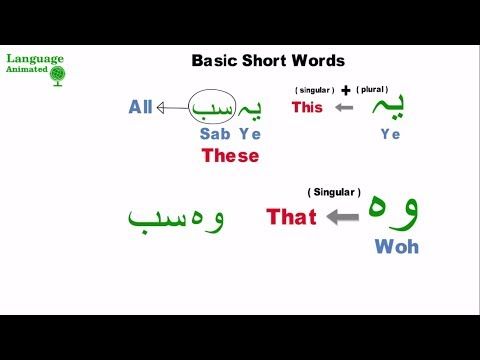 , Harris, K.R. and Loynachan, C. (1993). The Basic Spelling Vocabulary List. Journal of Educational Research 86(6) 363-368.
, Harris, K.R. and Loynachan, C. (1993). The Basic Spelling Vocabulary List. Journal of Educational Research 86(6) 363-368.
Reprints
You are welcome to print copies for non-commercial use, or a limited number for educational purposes, as long as credit is given to Reading Rockets and the author(s). For commercial use, please contact the author or publisher listed.
Related Topics
Early Literacy Development
Spelling and Word Study
Vocabulary
Writing
New and Popular
100 Children’s Authors and Illustrators Everyone Should Know
A New Model for Teaching High-Frequency Words
7 Great Ways to Encourage Your Child's Writing
All Kinds of Readers: A Guide to Creating Inclusive Literacy Celebrations for Kids with Learning and Attention Issues
Screening, Diagnosing, and Progress Monitoring for Fluency: The Details
Phonemic Activities for the Preschool or Elementary Classroom
Our Literacy Blogs
Teaching Students to Use Context
Kids and educational media
Meet Ali Kamanda and Jorge Redmond, authors of Black Boy, Black Boy: Celebrating the Power of You
Get Widget |
Subscribe
List Of Words for Kids to Use Daily
Simple English Words for Daily Use for Kids: List Of Words for Kids to Use Daily
Press ESC to close
29097
5
5 Min Read
Developing vocabulary is critical for a child during their schooling, and parents need to continuously put in efforts to ensure that their kids develop an excellent vocabulary. Learning Basic English words for kids is important since it helps in their holistic development and motivates them to do well in today’s world. Below is a list of important words which every kid must be aware of.
Learning Basic English words for kids is important since it helps in their holistic development and motivates them to do well in today’s world. Below is a list of important words which every kid must be aware of.
Below is a list of words along with their meanings which each kid from grade 1 to grade 4 must know.
Also Read: Maths Quiz for Kids: Simple & Engaging Math Quiz Questions with Answers
Learning courses for your kids! Get free trial here
Basic English Words for Kids in Grade 1
- Annoy: Making someone angry
- Calm: Free of any disturbance
- Consequences: An unpleasant or unwelcome result of an action
- Decide: Choose out of several alternatives
- Discover: Find something unexpectedly or during a search.
- Enormous: Something big or huge
- Explore: Learn about something or inquire about a subject in detail.
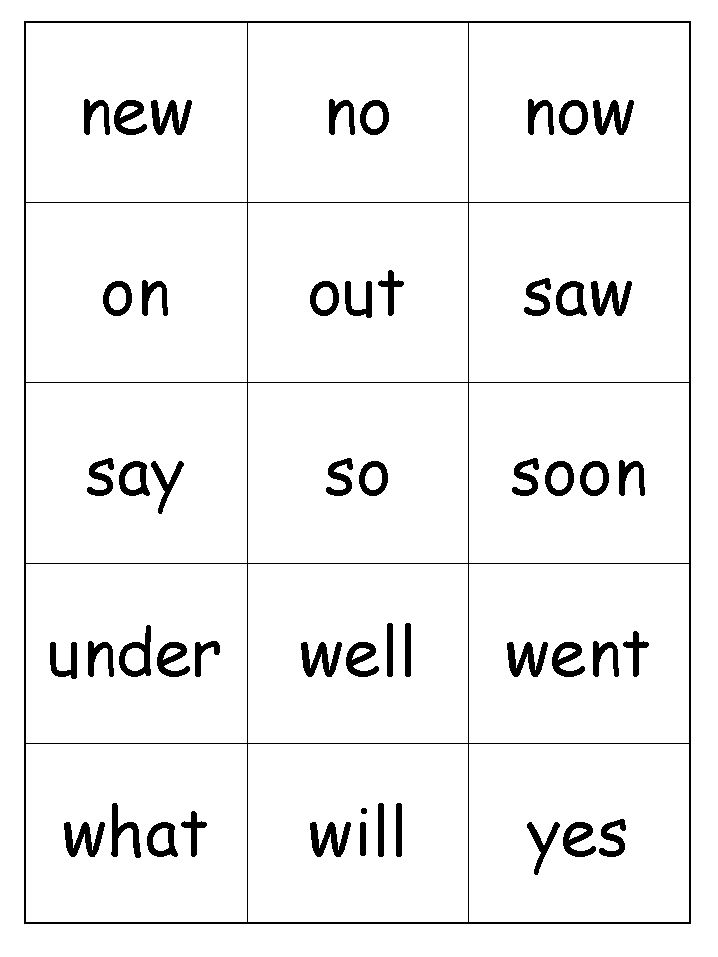
- Grumpy: Someone who is bad-tempered and irritable
- Ignore: Fail to consider something important
- Investigate: Carry out an inquiry to discover and examine facts to establish the truth
- Jealous: Feeling protective of one’s right or possession
- Leader: An individual who commands a group, country, or an organization
- Lovely: Extremely beautiful or attractive
- Miserable: Unhappy or uncomfortable
- Mumble: Say something quietly and make it difficult for others to hear
- Negative: Refuse to accept or reject something
- Nervous: Easily agitated or alarmed
- Notice: Observing a fact or paying attention to something
- Opposite: Completely different from something
- Precious: Something of great value which needs to be treated carelessly
- Problem: A situation regarding something unwanted or unwelcome.
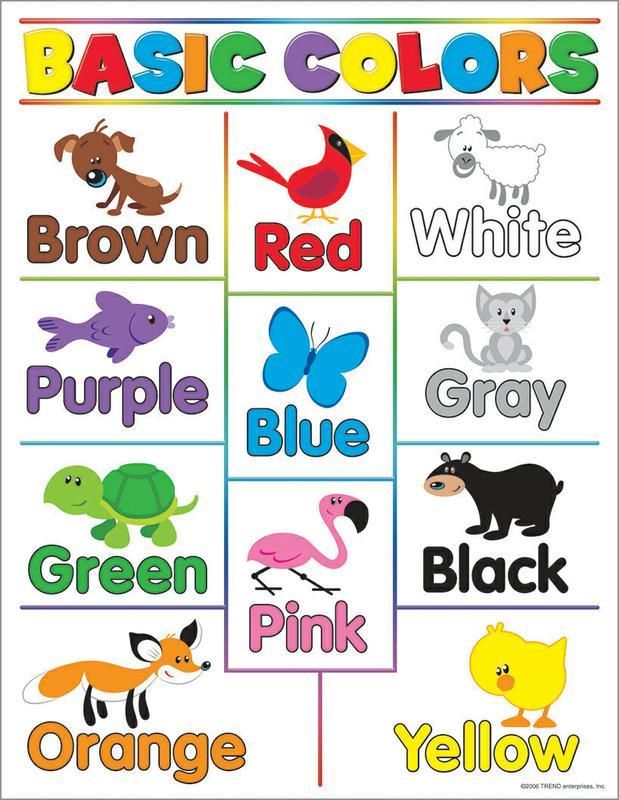
- Protect: Keep someone safe from harm or injury
- Respect: Admire someone because of their abilities or achievements
- Special: Better or different from what is usual
- Uncomfortable: Feeling slight pain or discomfort
Basic English Words for Kids in Grade 2
- Amaze: To fill with wonder
- Amusing: Something causing laughter or providing entertainment
- Cause: An individual who gives rise to an action or a condition
- Community: A group of people residing at the same place or having something in common
- Continue: Resuming something after an interruption
- Data: Facts of a process
- Detail: Full information about something
- Difference: A point in which people or things are dissimilar
- Edit: Correct or change something from the original version
- Escape: Break free from confinement or control
- Famous: Known by many individuals
- Gasp: Catching breath with an open mouth
- Gust: Strong rush of wind
- Include: Contain as a part of the whole
- Label: Phrase or name applied to a thing or a person
- Living: The pursuit of a lifestyle of some specific types
- Matter: A Subject or situation under consideration
- Necessary: Something that is important
- Noticed: Become aware of, mention or remark on
- Opinion: A statement of advice by an expert or professional on a matter, a view, or judgment formed about something
- Plan: A detailed proposal or achieving something
Also Read: Science Activities for Kids: Interesting Activities for Your Kids to Learn From
Basic English Words for Kids in Grade 3
- Agreeable: Have a similar or same opinion about something
- Arrange: Put things in a neat, attractive, or required order.
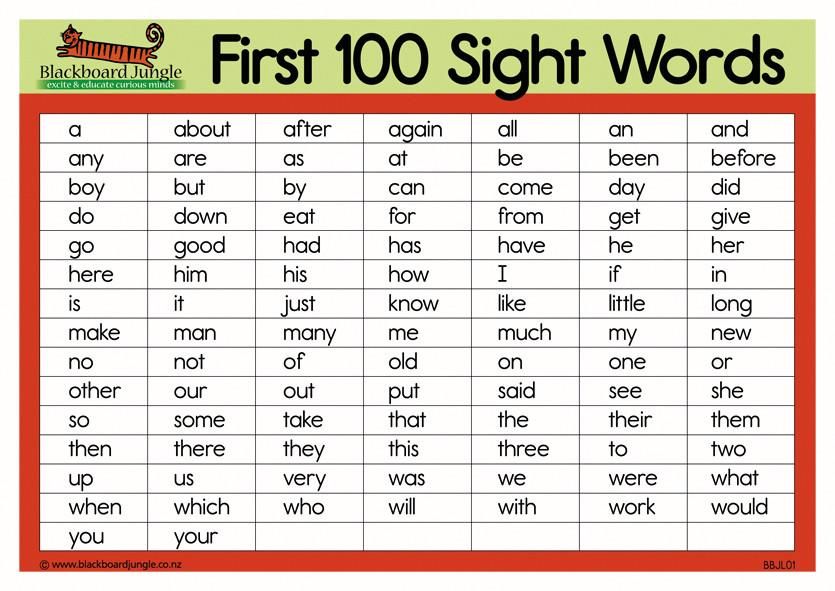
- Assist: Help someone by doing a share of the work
- Dangle: Hang or swing loosely
- Details: Give full information about something, an individual fact, or item.
- Examine: Test the knowledge or proficiency by requiring them to answer questions or perform tasks
- Fatal: Leading to failure or disaster, or causing death.
- Gathered: Bring together and take in from scattered places or sources
- Infer: Deduce or conclude something from evidence and reasoning rather than from explicit statements
- Intelligent: Having or showing intelligence, especially of a high level.
- Marine: Relating to or found in the sea
- Pleasant: Giving a sense of happy satisfaction or enjoyment
- Purpose: The reason for which something is done or created or for which something exists
- Region: An area, especially part of a country or the world having definable characteristics but not always fixed boundaries
- Scar: A mark left on the skin or within body tissue where a wound, burn, or sore has not healed completely and fibrous connective tissue has developed
- Solution: A means of solving a problem or dealing with a difficult situation
Learning courses for your kids! Get free trial here
Basic English Words for Kids in Grade 4
- Accomplish: Achieve or complete successfully
- Argued: Give reasons or show evidence in support of an idea, action, or theory, typically to persuade others to share one’s view
- Border: The edge or boundary of something, or a part near it.
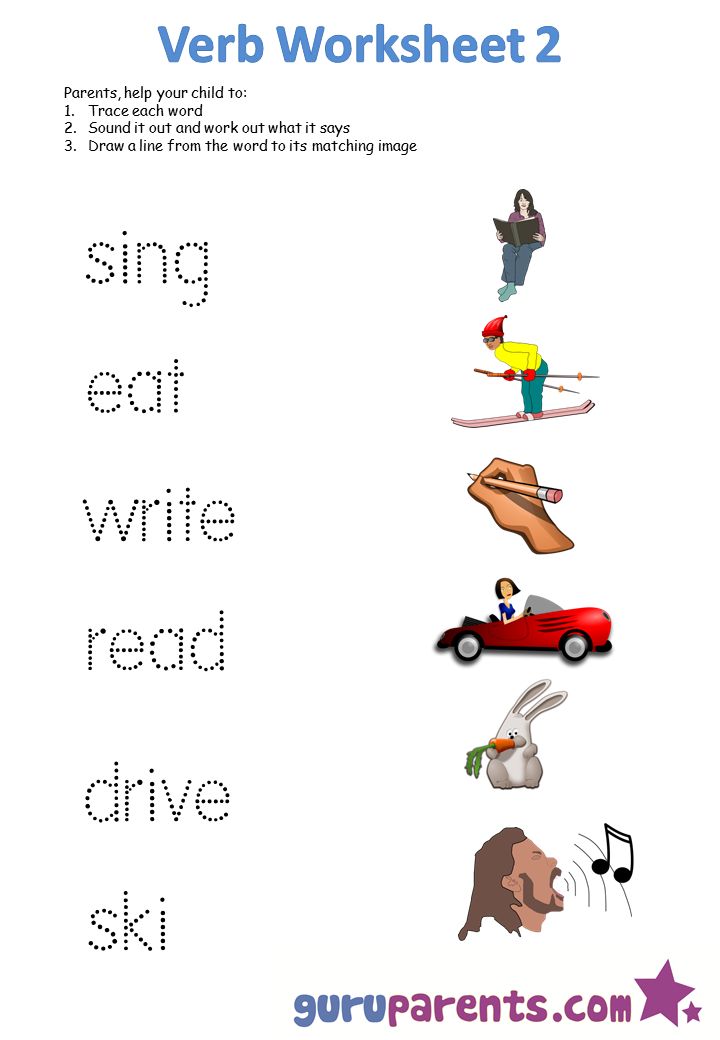
- Calculate: Determine something mathematically
- Compare: Estimate, measure, or note the similarity or dissimilarity between.
- Convince: Cause someone to believe firmly in the truth of something.
- Decrease: Become smaller or fewer in size, amount, intensity, or degree.
- Organized: Arranged or structured in a systematic way
- Persuade: Induce someone to do something through reasoning or argument.
- Eliminate: Completely remove or get rid of something.
- Evidence: The available body of facts or information
- Exclaimed: Cry out suddenly in surprise, strong emotion, or pain
- Fortunate: Favoured by or involving good luck
- Increasing: Becoming greater in amount, size, or degree
- Insert: Place, fit, or push something into something else
- Typical: Having the distinctive qualities of a particular type of person or thing
- Passage: The action or process of moving through or past somewhere on the way from one place to another
- Disappointed: Sad or displeased because someone or something has failed to fulfil one’s hopes or expectations
- Tradition: The transmission of customs or beliefs from generation to generation, or the fact of being passed on in this way
Also Read: Online Quiz for Kids: Enhance Their Knowledge of the World around Them
Opposite Words in English
Below is a list of opposite words for kids that students must know while learning English.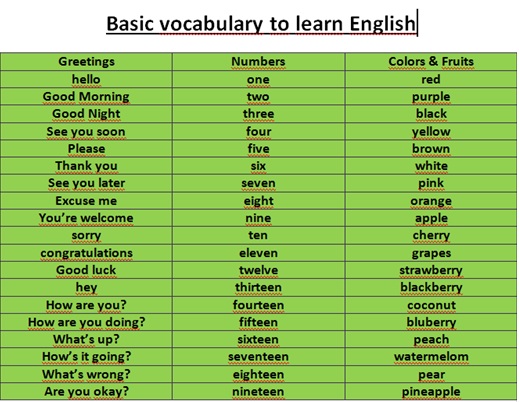
- Go: Come
- Grateful: Ungrateful
- Guilty: Innocent
- Honesty: Dishonesty
- Here: There
- Young: Old
- Wise: Foolish
- Wild: Domestic
- Wet: Dry
- Weak: Strong
- Warm: Cool
- Victory: Defeat
- Up: Down
- Truth: Untruth
- Trust: Doubt
- Thick: Thin
- Temporary: Permanent
- Slow: Fast
- Sleep: Awake
- Above: Below
- Absent: Present
- Ability: Inability
- Accept: Refuse/Reject
- Advance: Retreat
- Advantage: Disadvantage
- Adversity: Prosperity
- Agree: Disagree
- Allow: Disallow
- Alive: Dead
- All: None
- Always: Never
- Ancient: Modern
- Appear: Disappear
- Attractive: Repulsive
Conclusion
These new words for kids mentioned in this article will help students in the current highly competitive world.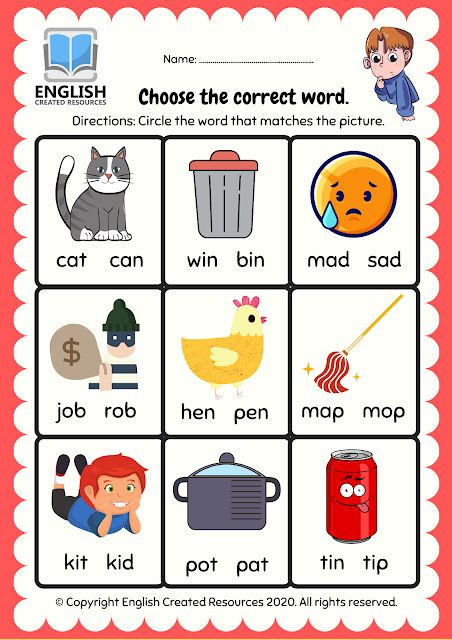 Teaching kids these words, their meanings, and opposites will help them when they grow up. This article will help kids build an excellent vocabulary which will help them perform better in both schools as well as real life.
Teaching kids these words, their meanings, and opposites will help them when they grow up. This article will help kids build an excellent vocabulary which will help them perform better in both schools as well as real life.
Using these words regularly with your kids while conversing with them will help them to remember these words in a much faster manner. Using these words in the proper context will allow your kids to learn these words in a much simpler and faster manner. You can visit The Real School Of Montessori website to read more such articles giving you tips to help your kids English.
Learning
About the Author
Other stories
How to Improve English for Kids? Here’re Some Tips to Improve Your Child’s English
Next Story
Opposite Words in English for Kids: Ways to Help them Improve their Vocabulary
Previous Story- Sign in
Lost your password? Please enter your email address.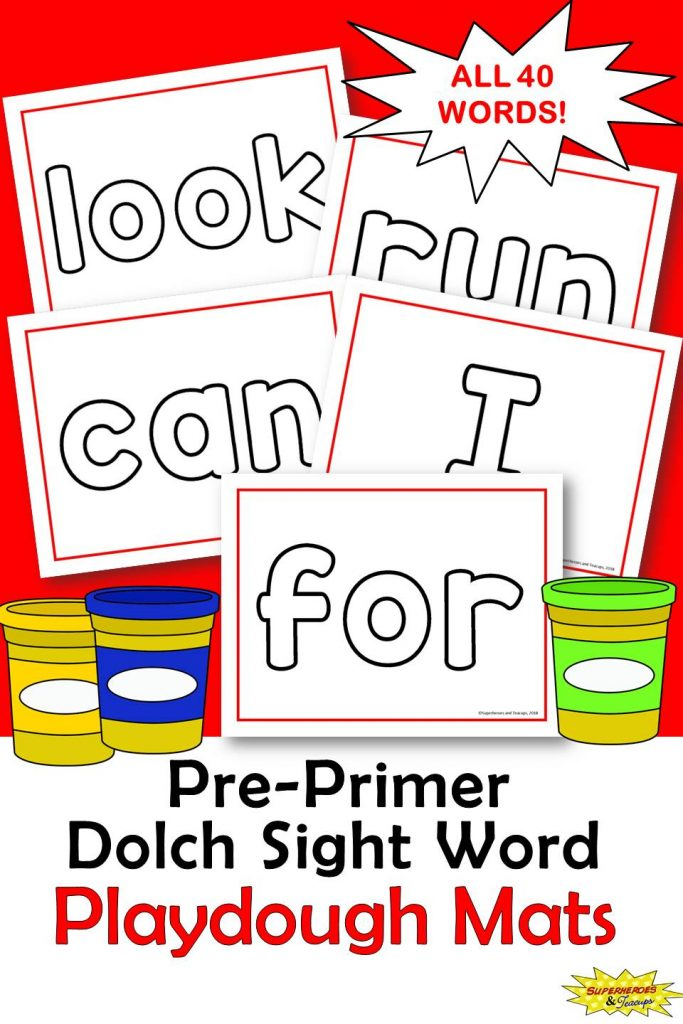 You will receive mail with link to set new password.
You will receive mail with link to set new password.
Email or Username
Back to login
close
English words for children - phrases and words for communication and understanding
How can little children learn English? There are many ways in which you can be successful. But when the question concerns language learning by children, it is better to start with individual words. That is, do not learn sentences right away, but start with the simplest words. When the child has a sufficient vocabulary, you can start learning phrases, then whole sentences. Note that the topic is large, so it is appropriate to divide it into several lessons. At lesson 3-4, start teaching your baby to compose small phrases and sentences with the learned words. And remember: in order for the topic to be learned with maximum efficiency, it is better to learn English words for children with visual materials. Large colorful pictures are the best solution. Color the lessons for kids with bright colors! Let's go for new knowledge!
And remember: in order for the topic to be learned with maximum efficiency, it is better to learn English words for children with visual materials. Large colorful pictures are the best solution. Color the lessons for kids with bright colors! Let's go for new knowledge!
Contents
- English words for children: where to start?
- Greetings
- Food and goodies
- Fruits and vegetables
- Summing up
English words for children : where to start?
As we have already said, the topic is voluminous, and it is better to divide it into several sections, that is, lessons. We recommend that you first study such topics as ''Greetings'' and ''Food'' (subsections -> ''Sweets'', ''Meat'', ''Fish products'', ''Seafood'', ''Fruits' ' and ''Vegetables''). Let's consider these topics in more detail and provide examples with translation.
-
Greetings
- Say Hello! There are several ways => Hello ! and Hi !
- You could also say Welcome => Welcome !
- When the situation is official, you need to say => Good morning !, Good afternoon !, Good evening !0037 !, Good afternoon ! and Good evening !
When to say what? In a conversation with friends and relatives - Hello ! and Hi !, at school and while talking to strangers -> Good morning!, Good afternoon!, Good evening !
When we say goodbye, we say the following words =>
- Bye! -> Bye!
- Goodbye! -> Goodbye!
- Good luck! -> Good luck!
- See you soon! -> See you soon!
- See you later! -> See you soon!
The rules of etiquette say that after the words of greeting you need to say something else.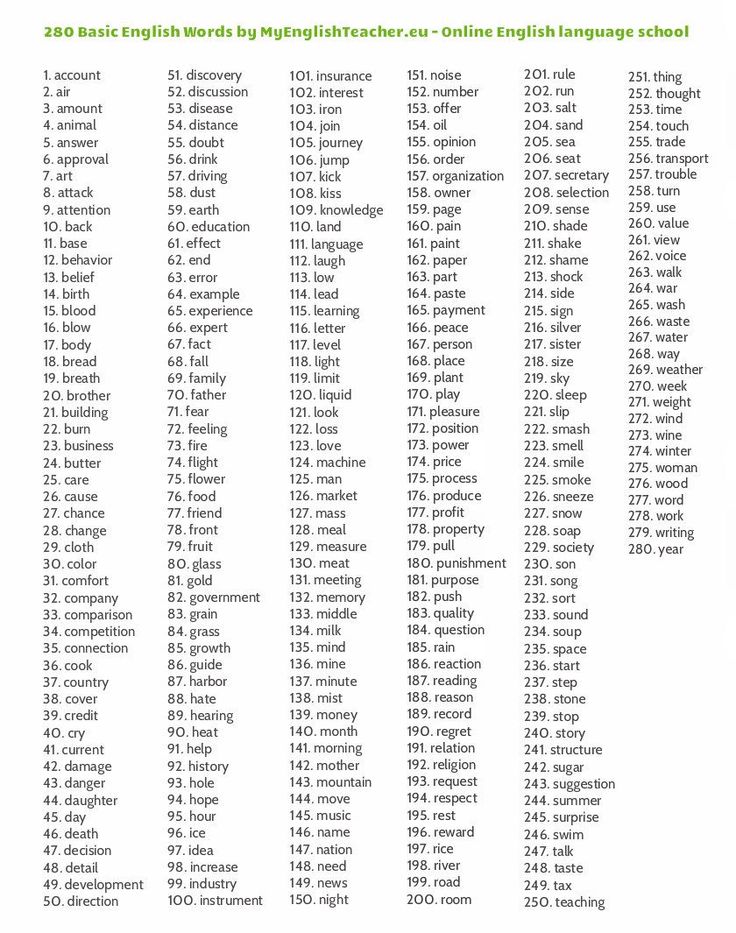 Several phrases. The following phrases are ideal for this =>
Several phrases. The following phrases are ideal for this =>
- How are you doing? -> How are you?
- How are you? -> How are you?
- How are things? -> How are you?
And the answers to these questions =>
- Excellent -> Excellent.
- Great -> Great.
- Not bad -> Not bad.
- Fine, thanks -> Fine, thanks.
Also pay attention to the following phrases =>
- Nice to see you -> Nice to see you.
- Glad to meet you -> Glad to meet you.
- Happy to see you again -> Good to see you again.
Note! Pay attention to the fact that the word glad is represented in the above phrases by three different words -> nice, glad, happy . This is explained by the fact that in English one word has several synonyms, and in phrases it can acquire a completely different meaning. We will learn synonyms and set phrases later. Just briefly explain to the children why the same word in Russian is represented by three in English.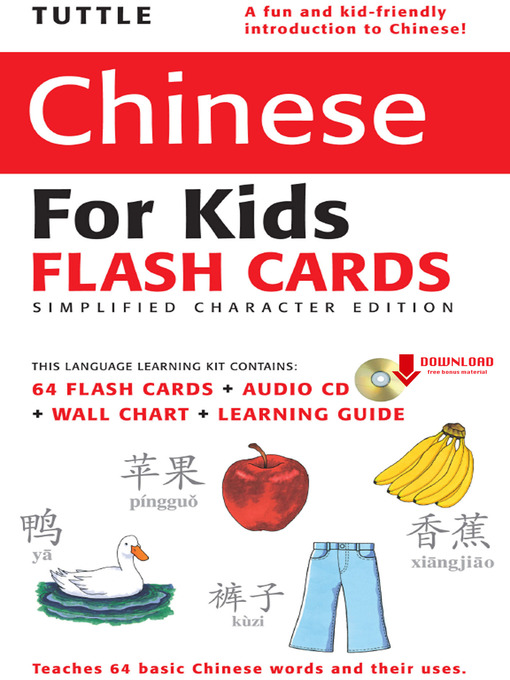
-
Food and goodies
This theme will be especially pleasant for kids! Who doesn't love delicious cakes, buttercream cakes, browned muffins and fragrant pastries! Cookies, cakes and sweet rolls beckon the eyes. Be sure, seeing colorful pictures of sweets, the kid will want to learn! Here you will see!
Useful vocabulary =>
- Cake -> cake
- Cream -> cream
- Cookies -> biscuits, homemade cookies
- Marmalade -> marmalade
- Pudding -> pudding 900 -> sweets 900 900 Sponge cake -> biscuit.
Use the ''delicious'' pictures to study these words. The attention of the baby will be instantly attracted and it will be easy to work with the child! And when we figured out the goodies, we proceed to the study of other words that relate to food =>
- Cheese -> cheese
- Yoghurt -> yogurt
- Sour cream -> sour cream
- Curds -> cottage cheese
- Meat -> meat
- Bacon -> bacon
- Po900 ->01 duck
- Duck0 ->01 duck
- Rabbit -> rabbit
- Turkey -> turkey
- Chicken -> chicken
- Caviar -> caviar
- Fish -> fish
- Fish soup -> fish soup
- Crab -> crab
- Herring -> herring
- Salmon -> salmon
- Sea products -> seafood
- Shrimp -> shrimp.
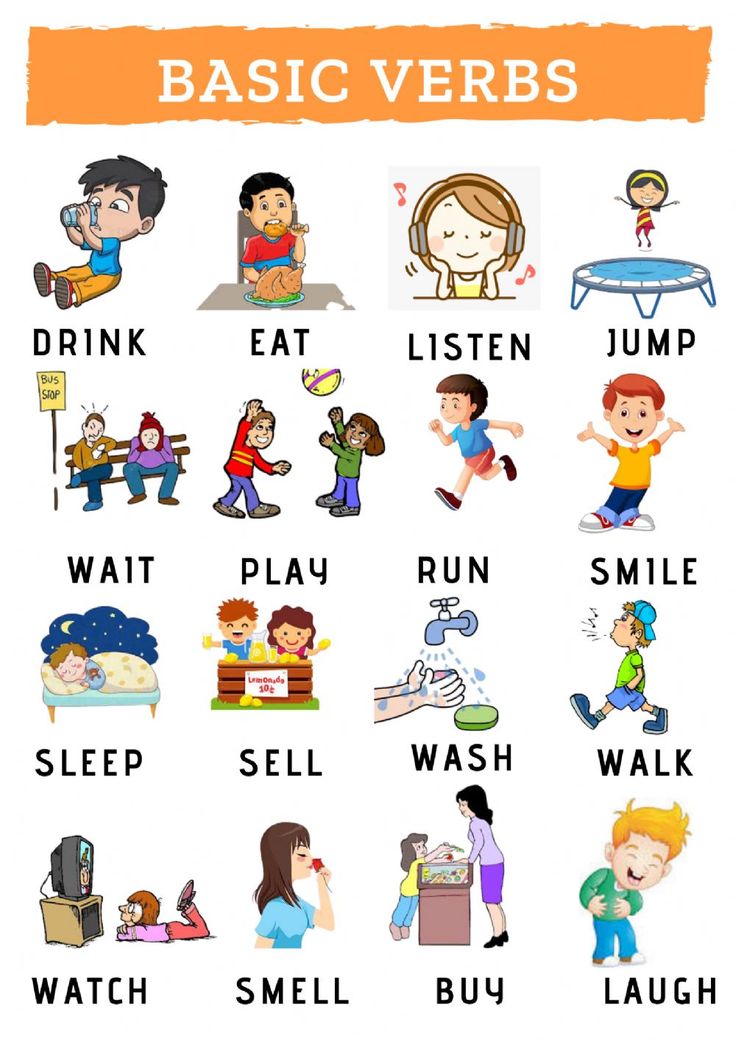
Important! Do not give your child a lot of words in one lesson. And that can be a mess. Make it a rule: one lesson - no more than five new words . So you will be sure that the child remembers the learned words well and will remember them for a long time. But do not forget at the same time to regularly repeat what has already been covered in the last lesson. Otherwise, you run the risk of starting all over again, because the learned knowledge without regular repetition is easily forgotten.
Consider some sentences with the above words =>
- Today I want to cook something delicious. I need some sour cream , some salmon and some caviar .
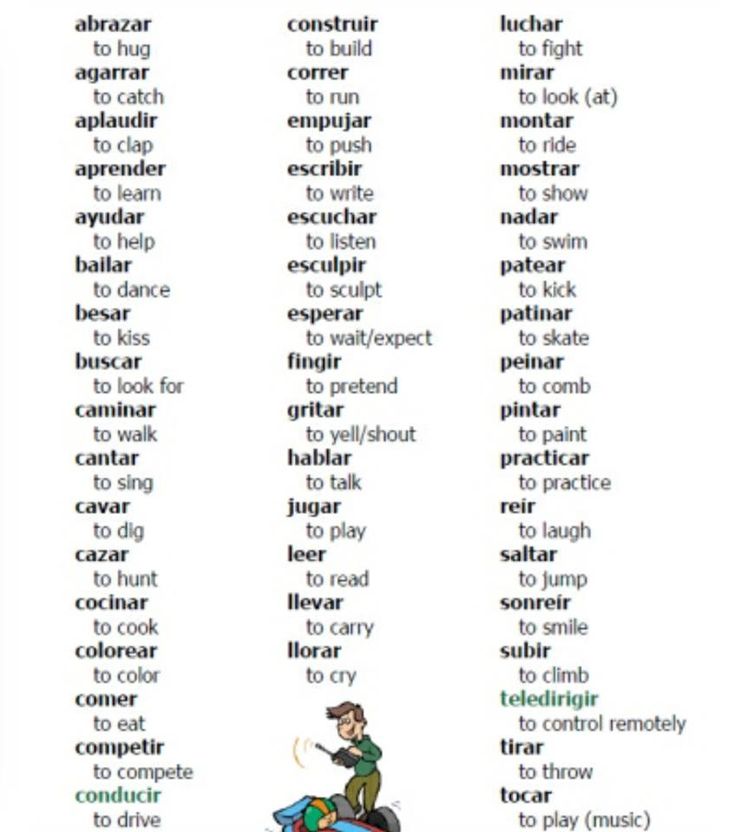 The dish will be amazing! -> Today I want to cook something very tasty. I need some sour cream , some salmon and some caviar . The dish will be great!
The dish will be amazing! -> Today I want to cook something very tasty. I need some sour cream , some salmon and some caviar . The dish will be great! - What is it? – This is a shrimp . It is a seaproduct -> What is this? This is shrimp . Seafood .
- Do you like crabs ? – Yes, of course. They are very delicious and very expencive -> Do you like crabs ? - Oh sure. They are very tasty and very expensive.
- I prefer fish for dinner but my husband likes meat more ->
- If you buy some pork I will make tasty chops -> If you buy some pork , I will make tasty chops.
- For breakfest I choose curds and yoghurt , and you? -> For breakfast, I choose cottage cheese and yogurt , and you?
Please note! To intrigue the baby and make him take an active part in the conversation, ask counter questions.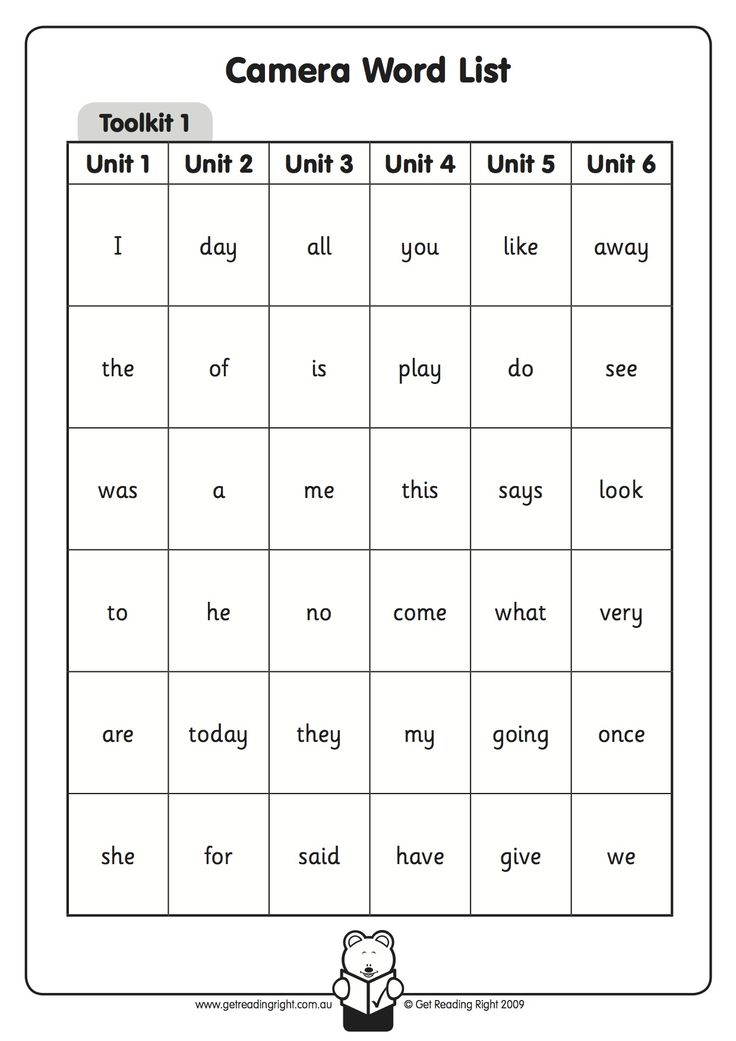 Like in the last sentence. After you say your offer, ask -> And you? So you will be sure that the baby is listening to what you say, and at the same time will expand his vocabulary.
Like in the last sentence. After you say your offer, ask -> And you? So you will be sure that the baby is listening to what you say, and at the same time will expand his vocabulary.
You can also ask:
- And what about you? (What about you?)
- Will you agree with me? (Do you agree with me?)
- Do you think the same as me? (Do you think the same as me?)
See that the child does not repeat your words, but says new ones. So the result will be more effective.
-
Fruits and vegetables
Let's separate fruits and vegetables into a separate subcategory. They still have to go separately from the standard meal. We recommend highlighting this subtopic as a separate lesson. And then the pictures can be used in all colors! Green, purple, red, blue, yellow... The palette of colors will play with all the richness of its color! The kids will have fun and enjoy! Here you will see!
Useful vocabulary =>
- Apple -> Apple
- Apricot -> Apricot
- Graphfruit -> Grapefruit
- Graph -> Grapes 9000 PLUM 9000 9000 Cherry -> Vishnya
- Strawberry -> strawberry
0 SWEETCHE
- Cucumber -> cucumber
- Tomato -> tomato
- Potato -> potato
- Artichoke -> artichoke
- Cabbage -> cabbage
- Eggplant -> eggplant
- Carrot -> carrot
- Celery -> celery.

To make the words easier to remember, here are a few phrases =>
- Sweet strawberry -> sweet strawberry
- Delicious sweetcherry -> very tasty cherry
- Sour cherry -> sour cherry
- Big Green plum -> big plum
- apple -> green apple
- Tasty potato -> tasty potato
- Orange carrot -> orange carrot.
Note! To learn words faster, play a simple game with your children. The game is very simple, it consists of questions. For example, you ask: Is plum red or blue? (Is the plum red or blue?) The kid must answer by naming the desired color. But see that the children say in response not one word, but a whole sentence. Moreover, ask a counter question: If plum is blue, what fruit is red? (If the plum is blue, which fruit is red?) The baby will be very interested, especially if you use bright pictures as clues.
Summing up
Teaching a baby to speak English quickly is real! This requires patience, the right approach to the study of the material and colorful scientific materials. If you want classes with children to be effective, and the children start speaking English from the first lesson, use large pictures with bright images and letters (the first letter of the word). Such a simple rule gives a powerful result. You will see - the baby will grasp the information on the go! Associations are a sure way to make lessons effective!
We advise you to study the material about 1000 words in English that a beginner needs to know first of all, in which frequently used words are grouped by subject.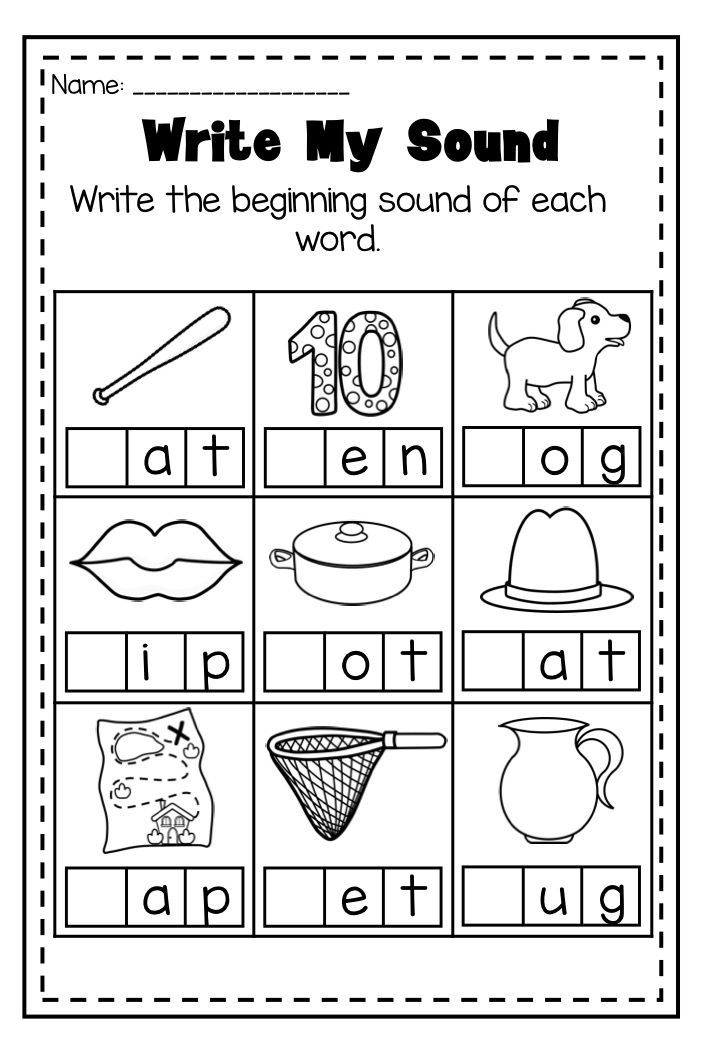
Good luck and conquer new heights!
Views: 6,399
My first words: English words for children
How to raise a polyglot child? The answer is simple: start learning languages with him as early as possible. Basic English will be an excellent foundation for the future knowledge of the baby and will help develop learning skills, because the brain of children at an early age absorbs an almost endless amount of information like a sponge. The main thing is to present it correctly.
In this article you will find not only simple first English words for children, but also recommendations for learning them. Open to your kid the fascinating world of English!
At what age do we start teaching?
Opinions of experts and parents themselves about the age at which it is worth starting to learn English with a child differ. Of course, you can start singing lullabies to your baby in English even from infancy, but your strength will be almost wasted.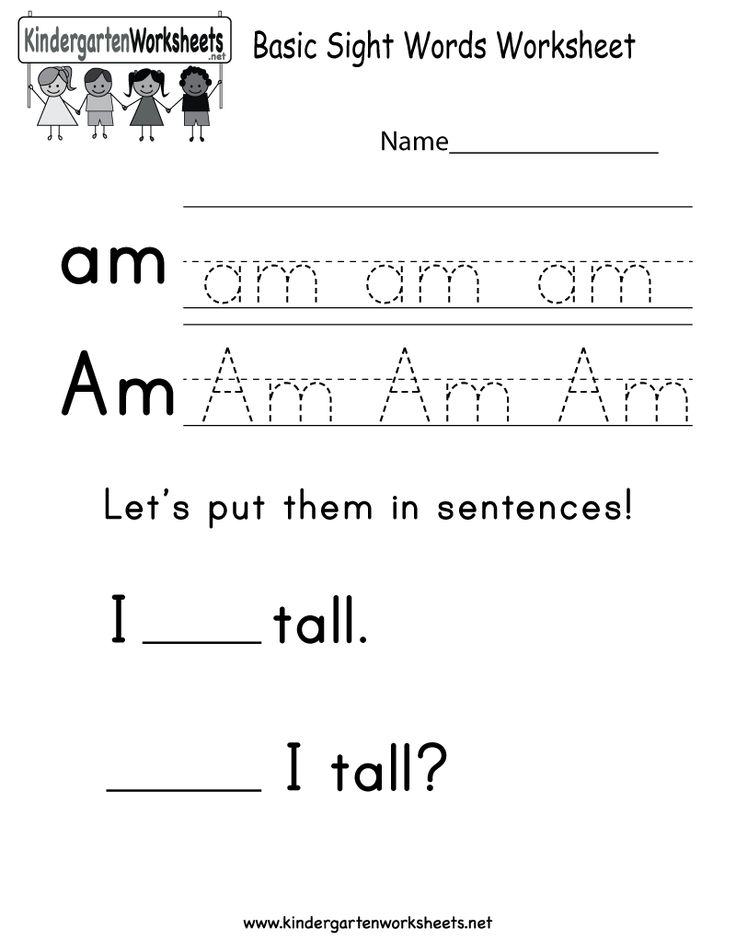
Most agree that the most optimal age at which the average child begins to adequately acquire English as a foreign language is 2.5-3 years. It is believed that at this age the process of formation of native speech is already ending. That is, the child must be able to clearly pronounce Russian sounds and words, as well as build sentences and have a coherent speech.
The exceptions here are when the child grows up in a multicultural environment. For example, if the mother is Russian and the father is English, then it is possible to communicate with the child in two languages from the very beginning. True, then your child will be funny to form sentences, and questions like: “Mom, can I have an apple” will constantly sound in the house.
This approach is good when the family lives abroad, where the main language is a foreign one. As the child gets older and starts attending kindergarten, the child will understand the difference between the languages of his parents and begin to use the words in the correct context.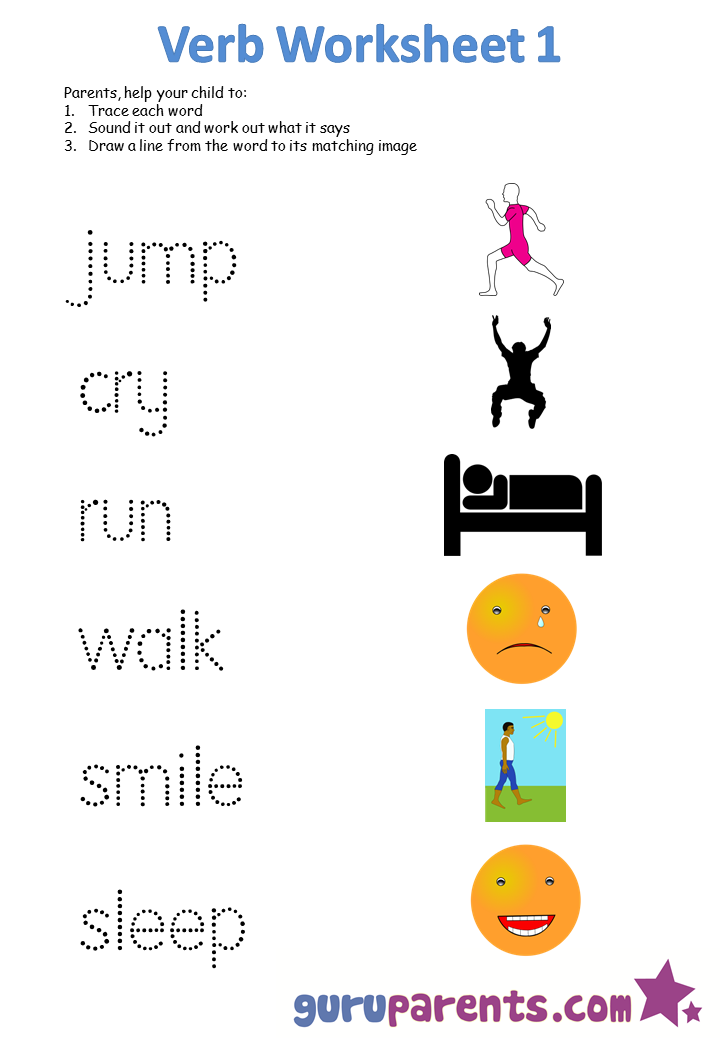 This applies, by the way, not only to English, but also to any foreign language.
This applies, by the way, not only to English, but also to any foreign language.
If you want your child to speak only English from the very beginning, you can create an artificial multicultural environment. For example, at home talking with the baby only in a foreign language.
Is it possible to send the child to a language nursery or kindergarten with an English focus? Then do it without any hesitation. So the multicultural environment will be natural for the child: in the nursery they will communicate with him mainly in English, and at home you will be able to talk with the baby in Russian. In specialized language kindergartens, teachers will help your child learn English in a natural environment, and at home you can consolidate knowledge with him through various games and riddles.
If it is not possible to send your child to a language kindergarten, start learning English at home using the same methods that you used to learn your native language with him.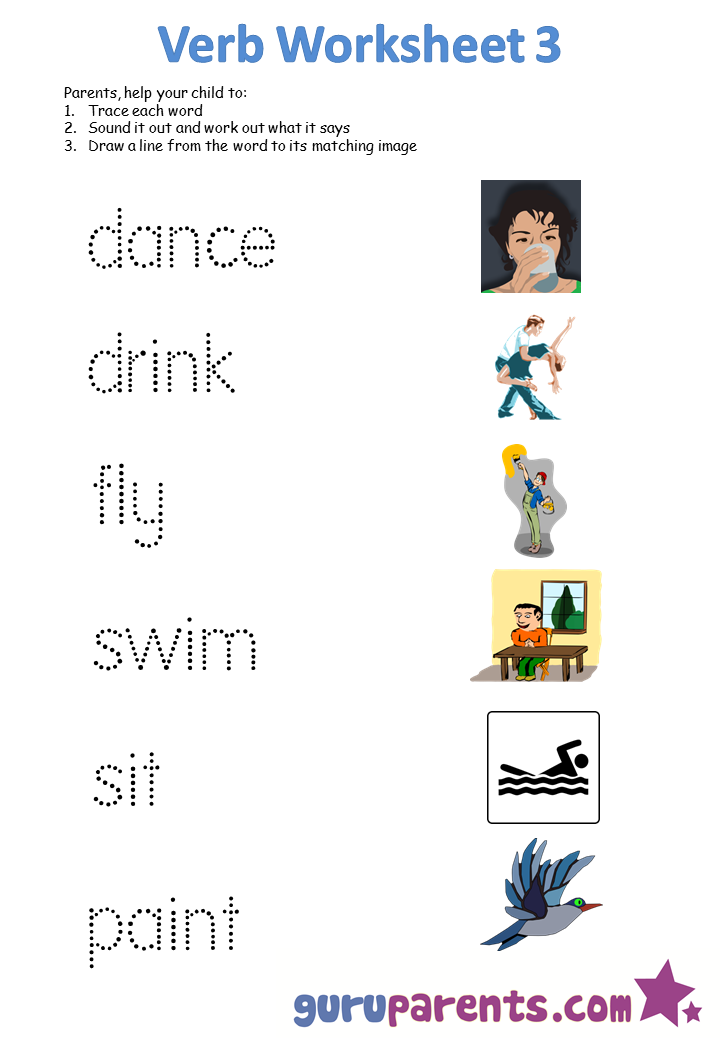
How to learn English with a child?
At a young age, of course, we are not talking about grammar or writing English words. To begin with, the child needs to learn how to pronounce sounds correctly, remember letters and form a basic vocabulary. By the way, it will be much easier for a kid than for an adult to remember the correct pronunciation of English sounds, which are so different from Russian ones. They will not have to rebuild their articulation apparatus as much as we, adults, who have been speaking their native language for many years.
Here is a list of skills to develop in a preschooler first:
- listening to speech
- speaking
- reading
To make learning English not a burden for a child, add an element of play to the learning process.
Get a colorful glove doll and make it a kind of "teacher" for your child. Introduce your baby to a new toy and say that it only understands English, which means that in order to play with it, the child needs to learn an interesting new language.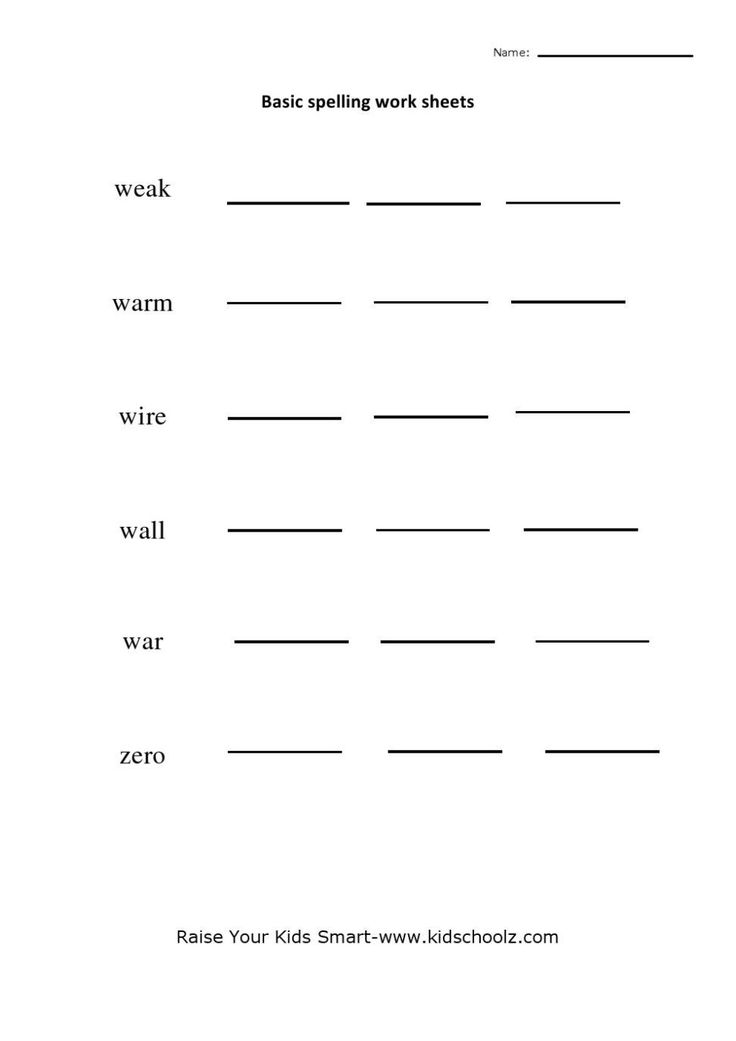 So this toy will become the main intermediary between you and your child in learning English.
So this toy will become the main intermediary between you and your child in learning English.
First of all, learn the alphabet and the correct pronunciation of letters and basic sounds with your child. Make it better with the help of the popular ABC Song. This is how the English alphabet is taught all over the world, not only by foreigners, but also by native speakers themselves.
Next - form basic English for children: words and simple phrases. For example, make cards for basic words that the child already knows in their native language. These can be household items, animals, body parts, etc. It is better that the cards are bright, with the spelling of a word and a picture symbolizing a particular subject. You can stick these cards on household items so that the child constantly sees the names of objects in English and memorizes them automatically.
Incorporate English words into your regular vocabulary when communicating with your child. In the context of what is happening around the baby, it will be much easier to understand and learn the language.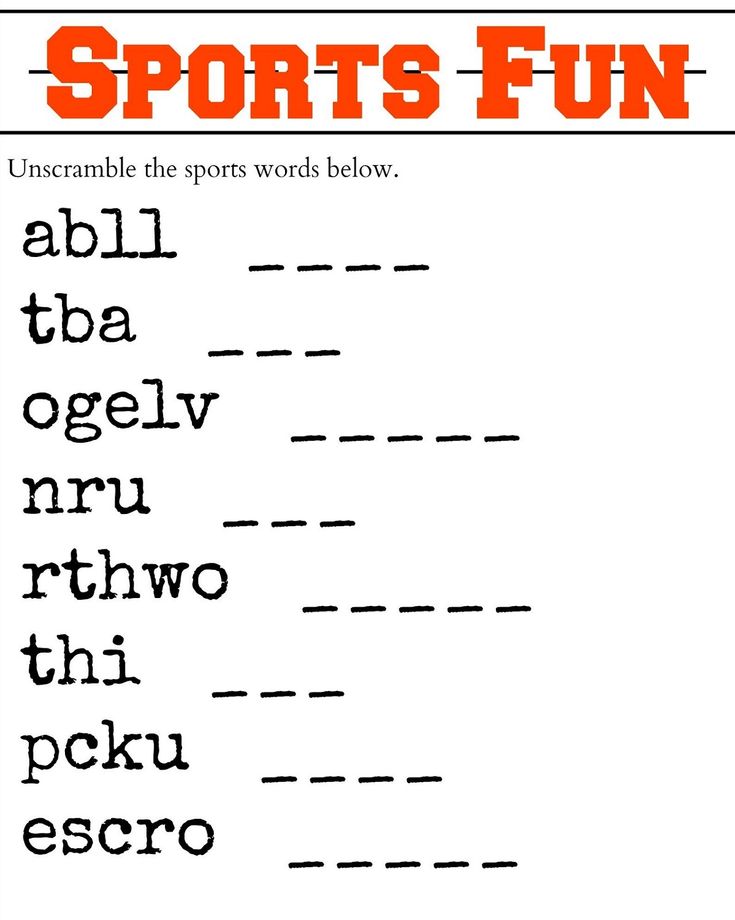 Playing at home or being outside, use the phrases and words you have already learned. If a child tells you: “Mom, look, a kitty!” Then answer: “Yes, it’s true, it’s a cat. How would it be in English? A cat. This is a cat.
Playing at home or being outside, use the phrases and words you have already learned. If a child tells you: “Mom, look, a kitty!” Then answer: “Yes, it’s true, it’s a cat. How would it be in English? A cat. This is a cat.
By the way, it's better to start learning not just individual words, but whole phrases at once, as in the example above. That is, to acquaint with the very, very basic grammar. After all, if you tell your child only words, he will only know the translation, and if you start using whole sentences, then he will memorize in sentences.
Visualization and variety are important for learning English with a child. Children may enjoy books in English with colorful pictures that can be read together at bedtime instead of the usual Russian fairy tales. Also, do not forget about special educational cartoons in English, where bright characters tell the child about the basics of the language or teach him the alphabet.
Play fun, educational games with your little one so they don't get bored while learning English.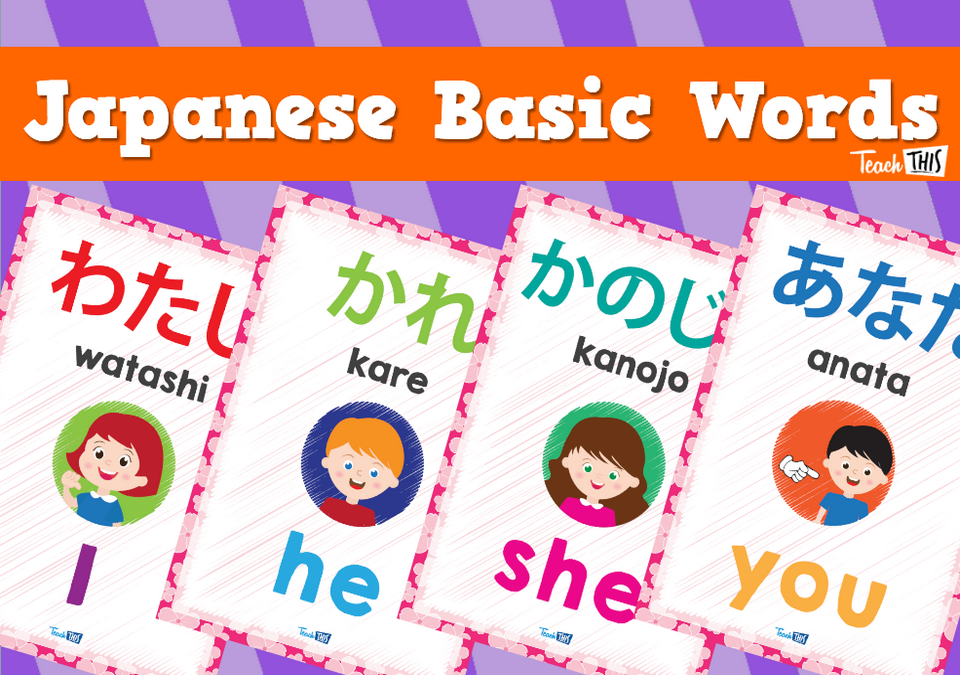 It can be cards, pantomimes, drawings and much more.
It can be cards, pantomimes, drawings and much more.
Basic set of words with transcription and translation
The first English words for children to start learning the language with are those that surround the child every day. Below you will find a list of such words by topic.
Family [ˈfæmɪli] - family
Mother [ˈmʌðə] Father [ˈfɑːðə] - father
Brother [ˈbrʌðə] - brother
Sister [ˈsɪstə] - sister
Grandmother [ˈgrænˌmʌðə] - grandmother
Grandfather [ˈgrændˌfɑːðə] - grandfather
Body [ ˈbɒdi ]
Head [head] - head
Hair [heə] - hair
Eyes [aɪz] - eyes
Nose [nəʊz] - nose
Teeth [tiːθ] - teeth
Lips [lɪps] - lips
Ears [ɪəz] - ears
Neck [nek] - neck
Shoulders [ˈʃəʊldəz] - shoulders
Leg [leg] - leg
Feet [fiːt] - feet
Pets [ pets ]
Dog [dɒg] - dog
Cat [kæt] - cat
Kitten [ˈkɪtn] - kitten
Puppy [ˈpʌpi] - puppy
Rabbit [ˈræbɪt] - rabbit
Parrot [ˈpærət] - parrot
Fish [fɪʃ] - fish
Hamster [ˈhæmstə] - hamster
Snake [sneɪk] - snake
Turtle [ˈtɜːtl] - turtle
Animals [ ˈænɪməlz ]
Goat [gəʊt] - goat
Pig [pɪg] - pig
Sheep [ʃiːp] - sheep
Horse [hɔːs] - horse
Cow [kaʊ] - cow
Goose [guːs] - goose
Chicken [ˈʧɪkɪn] - chicken
Duck [dʌk] - duck
Cockerel [ˈkɒkərəl] - cock
Fox [fɒks] - fox
Wolf [wʊlf] - wolf
Bear [beə] - bear
Hare [heə] - hare
Elephant [ˈelɪfənt] - elephant
Tiger [ˈtaɪgə] - tiger
Lion [ˈlaɪən] - lion
Crocodile [ˈkrɒkədaɪl] - crocodile
Giraffe [ʤɪˈrɑːf] - giraffe
Colors
Red [red]
Green [griːn] - green
Blue [bluː] - blue
Orange [ˈɒrɪnʤ] - orange
Yellow [ˈjeləʊ] - yellow
Pink [pɪŋk] - pink
Gray [greɪ] - gray
Black [blæk] - black
White [waɪt] - white
Purple [ˈpɜːpl] - purple
Brown [braʊn] - brown
Food
Water [ˈwɔːtə] - water
Tea [tiː] - tea
Juice [ʤuːs] - juice
Sugar [ˈʃʊgə] - sugar
Salt [sɒlt] - salt
Yogurt [ˈjɒgət] - yogurt
Bread [bred] - bread
Milk [mɪlk] - milk
Cheese [ʧiːz] - cheese
Eggs [egz] - eggs
Butter [ˈbʌtə] - oil
Meat [miːt] - meat
Cookies [ˈkʊkiz] - cookies
Chocolate [ˈʧɒkəlɪt] - chocolate
Fruits
Apple [ˈæpl] - apple
Pear [peər] - pear
Orange [ˈɒrɪnʤ] - orange
Banana [bəˈnɑːnə] - banana
Lemon [ˈlemən] - lemon
Pineapple [ˈpaɪnˌæpl] - pineapple
Grapes [greɪps] - grapes
Kiwi [ˈkiːwi:] - kiwi
Tangerine [tæn(d)ʒəˈriːn] — Mandarin
Melon [ˈmelən] - melon
Watermelon [ˈwɔːtəˌmelən] - watermelon
Peach [piːʧ] - peach
Vegetables
Carrot [ˈkærət] - carrot
Onion [ˈʌnjən] - bow
Garlic [ˈgɑːlɪk] - garlic
Tomato [təˈmɑːtəʊ] - tomato
Cabbage [ˈkæbɪʤ] - cabbage
Pepper [ˈpepər] - pepper
Potato [pəˈteɪtəʊ] - potato
Cucumber [ˈkjuːkʌmbə] - cucumber
House [haʊs]
Bedroom [ˈbedruːm] - bedroom
Living room [ˈlɪvɪŋ ruːm] - living room
Kitchen [ˈkɪʧɪn] - kitchen
Bathroom [ˈbɑːθruːm] - bathroom
Fridge [frɪʤ] - refrigerator
Cooker [ˈkʊkə] - plate
Table [ˈteɪbl] - table
Chair [ʧeə] - chair
Sofa [ˈsəʊfə] - sofa
Bed [bed] - bed
Window [ˈwɪndəʊ] - window
Mirror [ˈmɪrə] - mirror
Towel [ˈtaʊəl] - towel
Toothbrush [ˈtuːθbrʌʃ] - toothbrush
Toothpaste [ˈtuːθpeɪst] - toothpaste
Wardrobe [ˈwɔːdrəʊb] - wardrobe
Cup [kʌp] - mug
Plate [pleɪt] - plate
Bowl [bəʊl] - bowl
Fork [fɔːk] - fork
Spoon [spuːn] - spoon
Knife [naɪf] - knife
Clock [klɒk] - hours
Clothes
Dress [dres] - dress
Skirt [skɜːt] - skirt
Shirt [ʃɜːt] - shirt
T-shirt [ˈtiːʃɜːt] - T-shirt
Jeans [ʤiːnz] - jeans
Trousers [ˈtraʊzəz] - pants
Shorts [ʃɔːts] - shorts
Jumper [ˈʤʌmpə] - sweater
Suit [suːt] - suit
Coat [kəʊt] - coat
Hat [hæt] - hat
Socks [sɒks] - socks
Months [ mʌnθs ] — months
January [ˈʤænjʊəri] - January
February [ˈfebrʊəri] - February
March [mɑːʧ] - March
April [ˈeɪprəl] - April
May [meɪ] - May
June [ʤuːn] - June
July [ʤu(ː)ˈlaɪ] - July
August [ˈɔːgəst] - August
September [sepˈtɛmbər] - September
October [ɒkˈtəʊbə] - October
November [nəʊˈvembə] - November
December [dɪˈsembə] - December
Weather [ ˈweðə ]
Sun [sʌn] - sun
Rain [reɪn] - rain
Cloud [klaʊd] - cloud
Wind [wɪnd] - wind
Snow [snəʊ] - snow
Fog [fɒg] - fog
Cold [kəʊld] - cold
Hot [hɒt] - hot
Winter [ˈwɪntə] - winter
Spring [sprɪŋ] - spring
Summer [ˈsʌmər] - summer
Autumn [ˈɔːtəm] - autumn
This list of first English words for children is far from complete.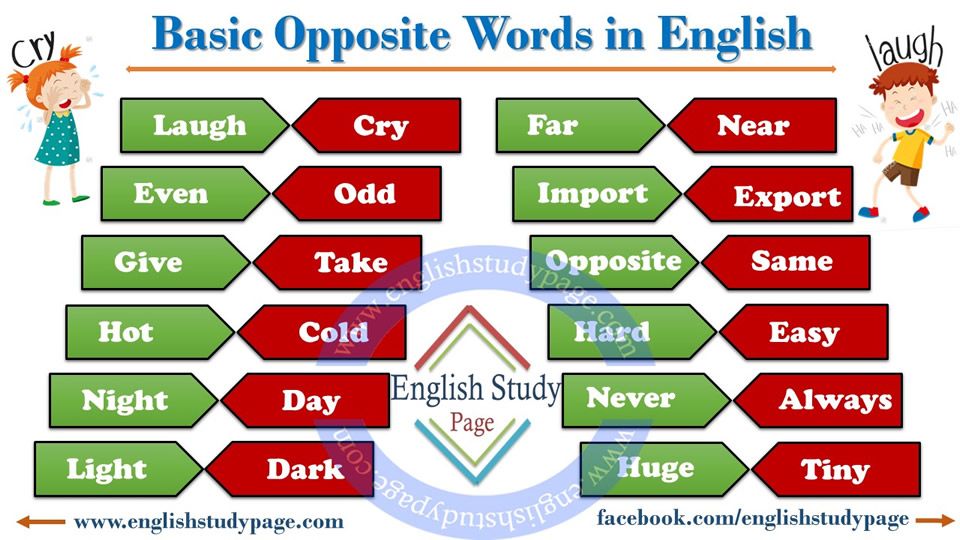

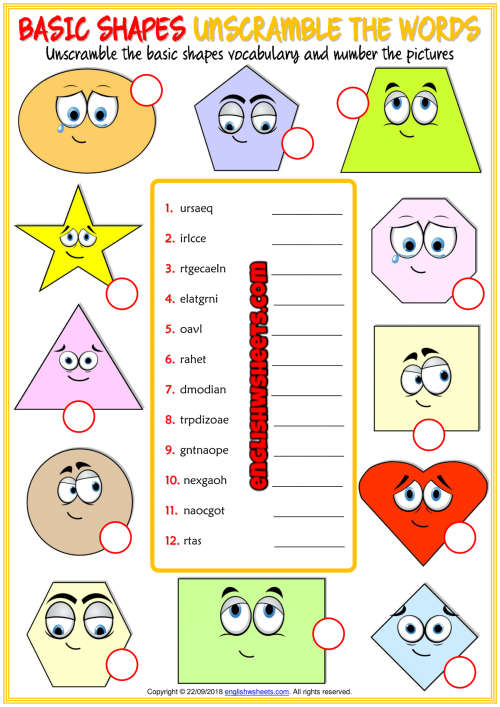 *
*